Today’s post is another set expression using 手(て)- hand. What does あのコートが ほしいけど、私(わたし)には 手(て)が 出(で)ない mean? a. I want that…
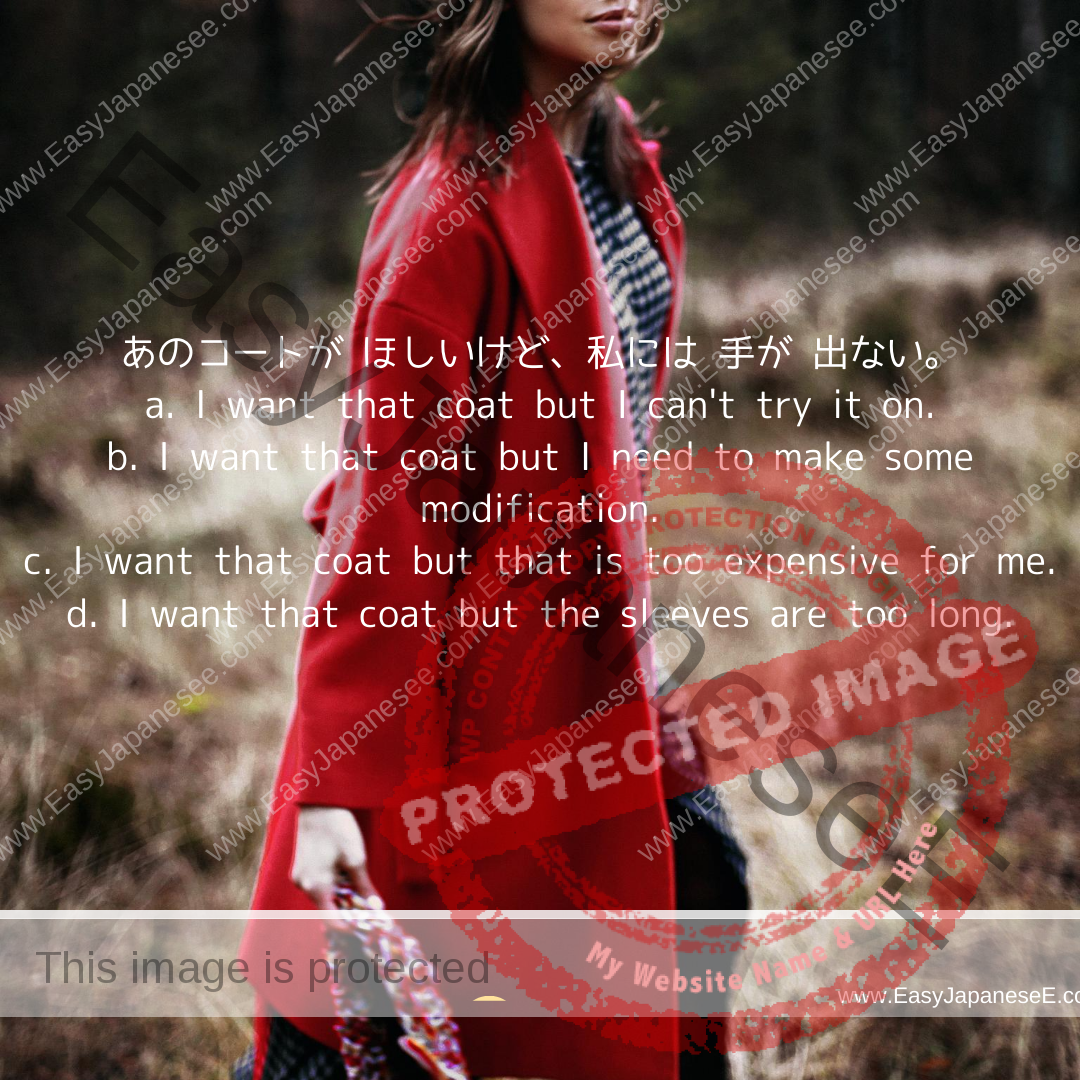

Today’s post is another set expression using 手(て)- hand. What does あのコートが ほしいけど、私(わたし)には 手(て)が 出(で)ない mean? a. I want that…
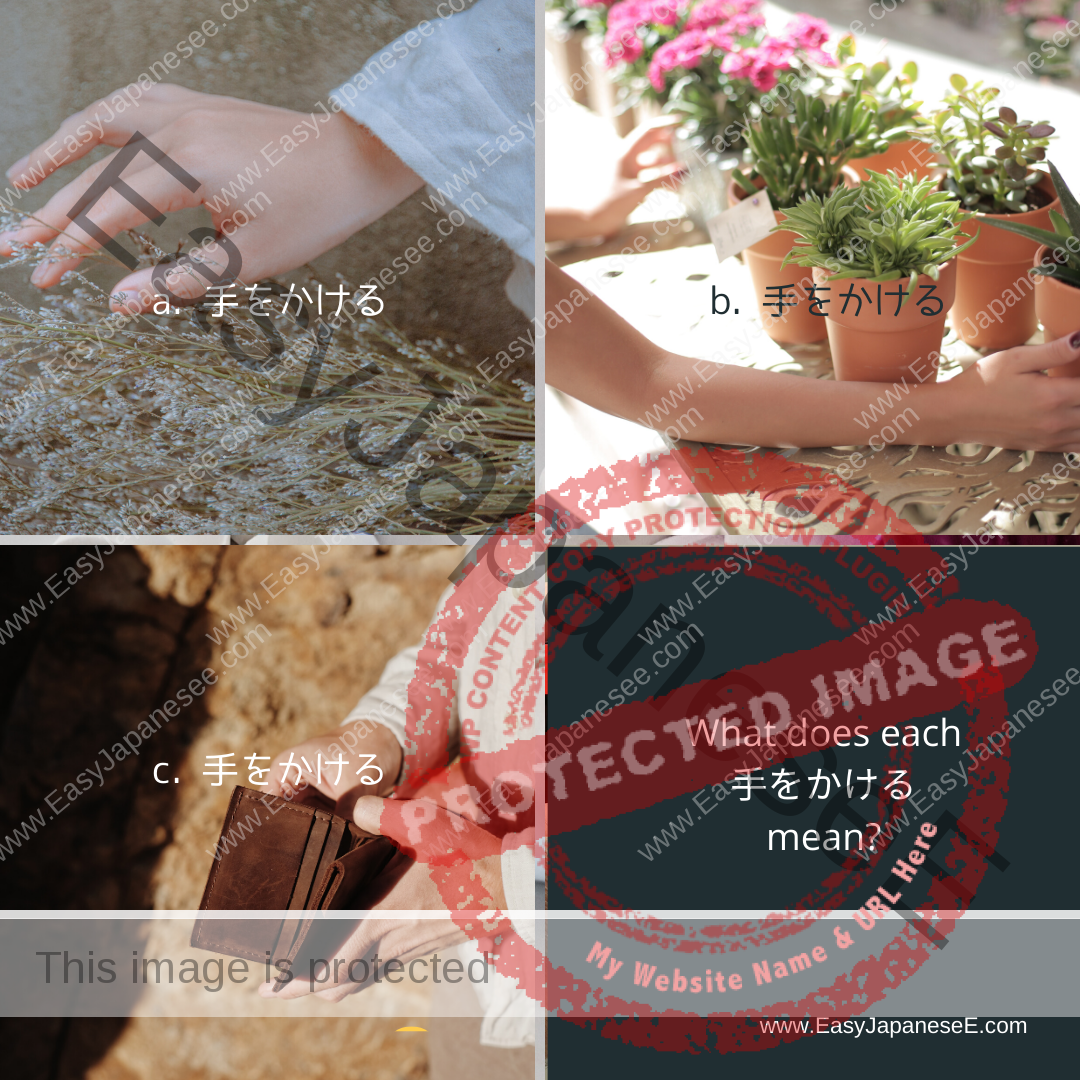
手をかける has a few different meanings. a. to put one’s hand on …; to touch; to handle はなたばに そっと 手を…
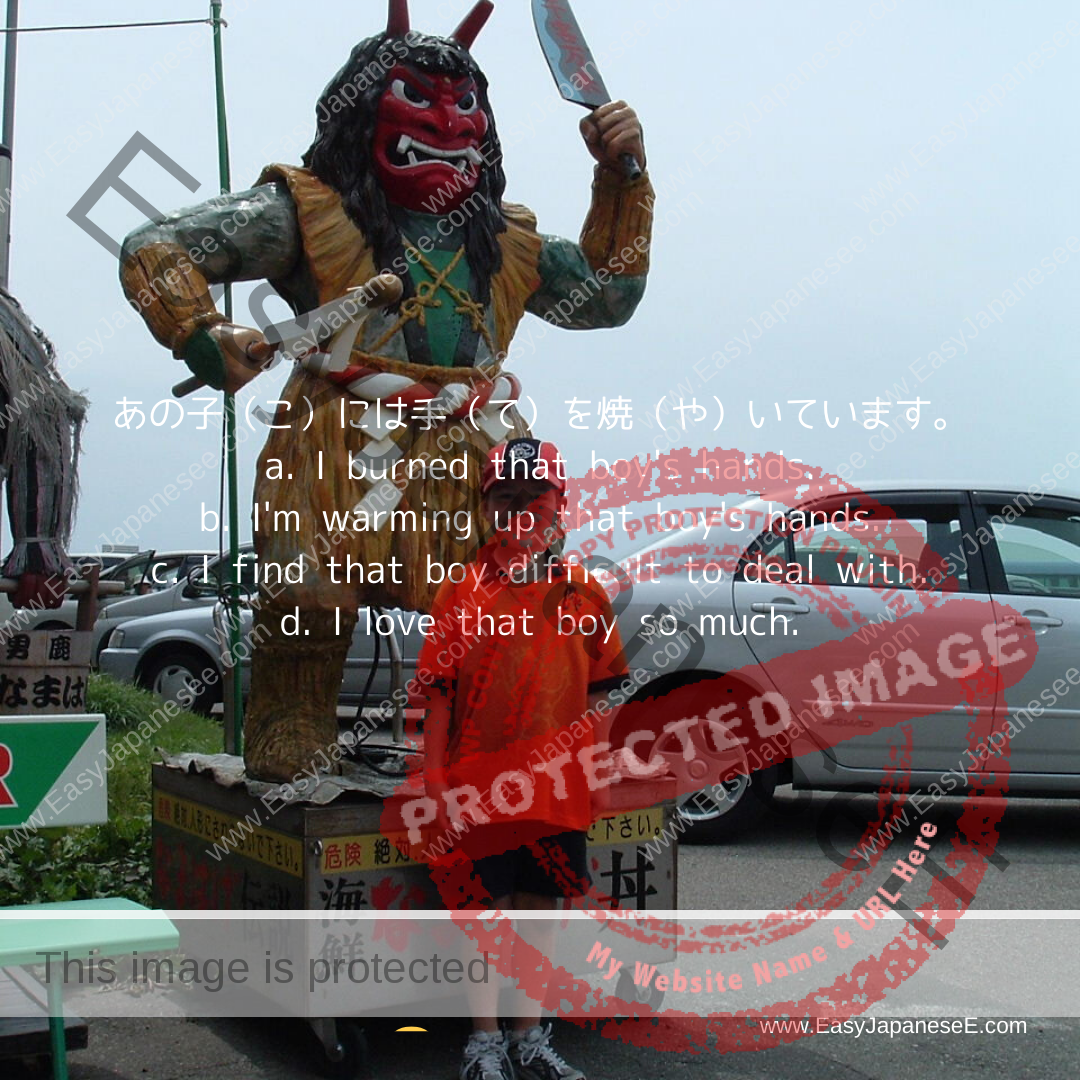
あの子には手を焼(や)いています。 a. I burned that boy’s hands.b. I’m warming up that boy’s hands.c. I find that boy difficult to deal…
をあげる.png)
兄(あに)は 子(こ)どもに 手を あげた ことが ない。 My brother has never corrected his children. My brother has never hit his children.…
-an-arm.png)
あの いしゃは うでが いい。 That doctor is competent. That doctor has good connections (with other doctors). That doctor has long…
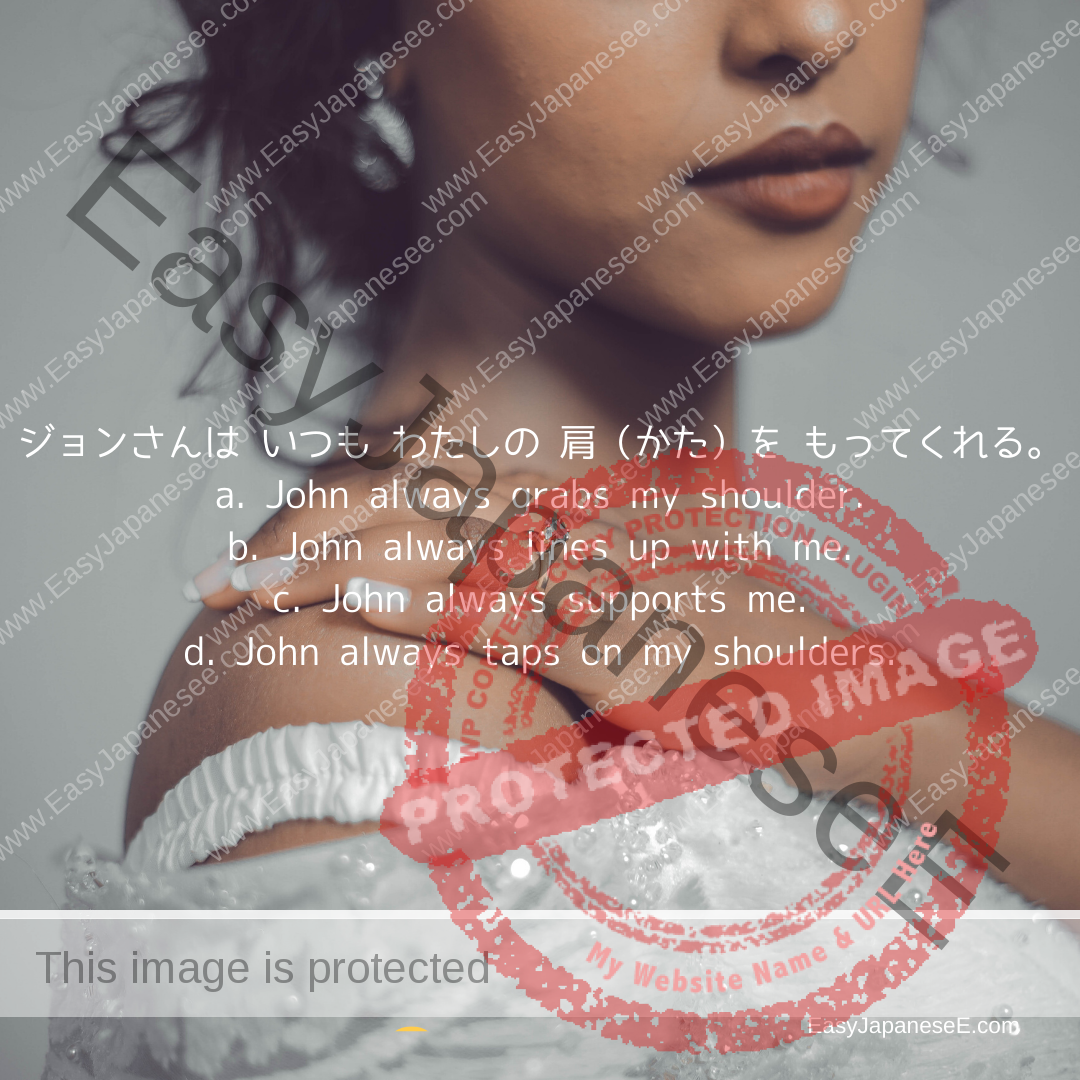
Today’s topic is customary expressions using 肩(かた), shoulders. ジョンさんは いつも わたしの 肩(かた)を もってくれる。 a. John always grabs my shoulder.b. John…
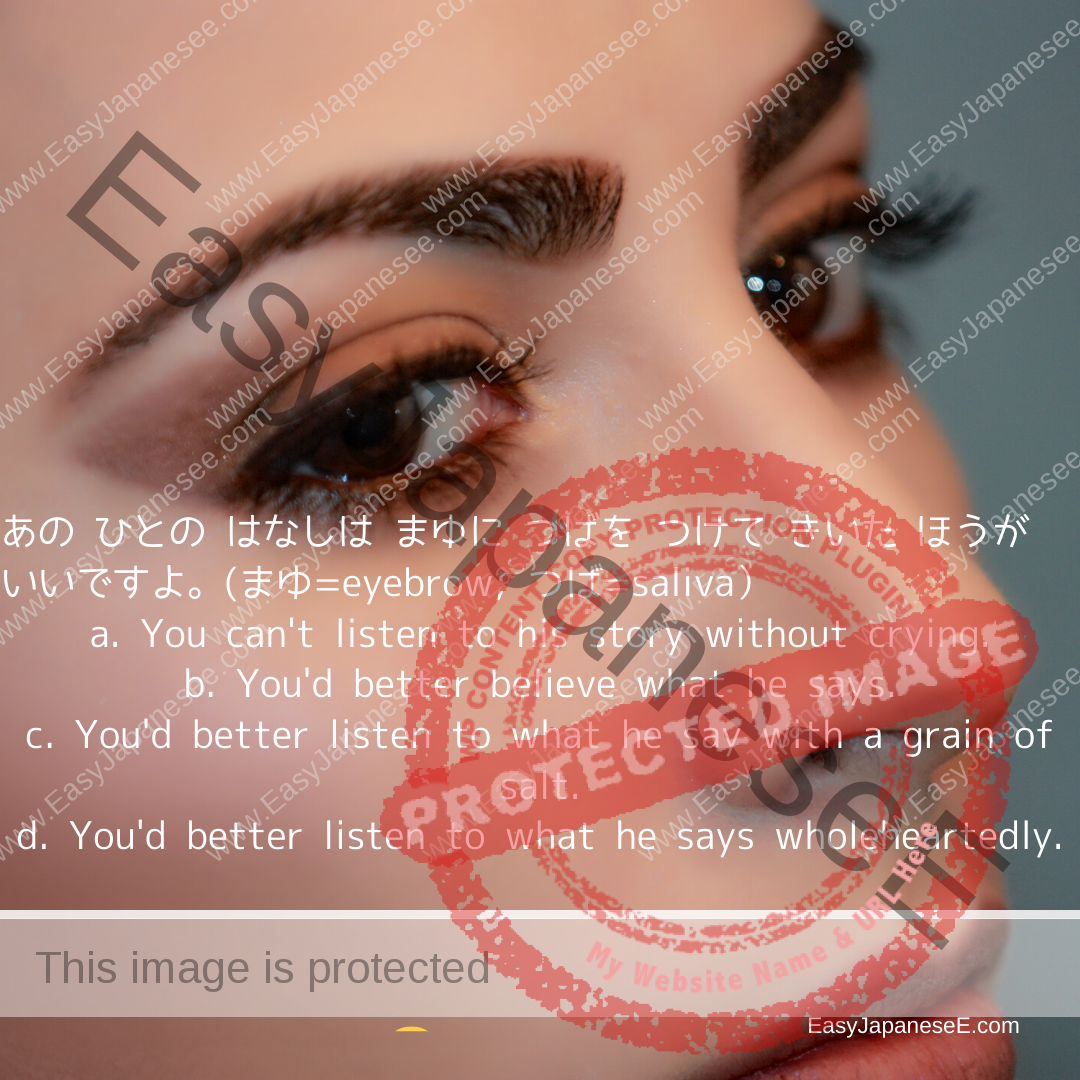
Today’s topic is customary expressions using 眉(まゆ), eyebrows. あの人の話は眉に唾をつけて聞いた方がいいですよ。あの ひとの はなしは まゆに つばを つけて きいた ほうが いいですよ。唾(つば)(Direct translation: You’d better…
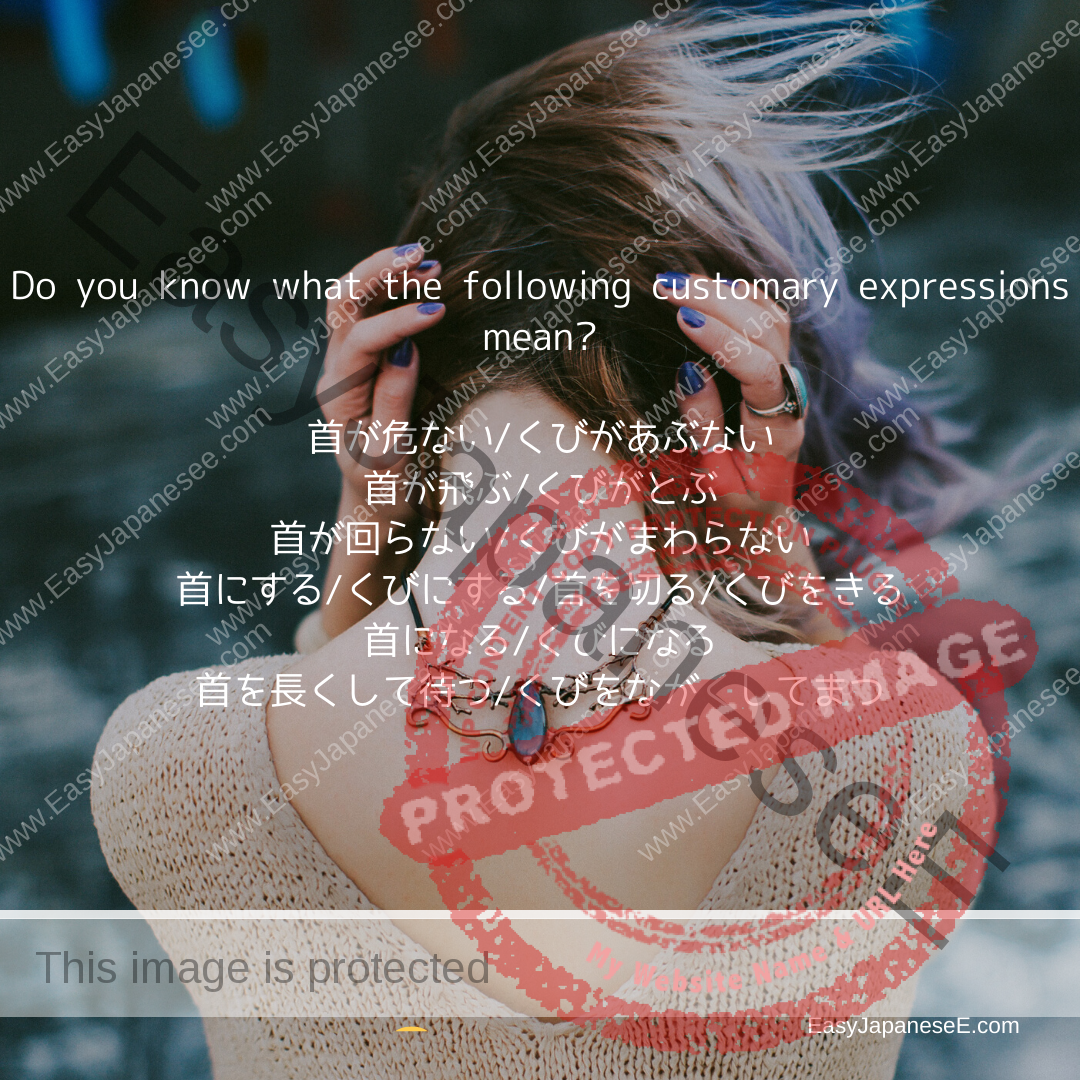
Today’s topic is customary expressions using 首(くび), the neck. Do you know what the following customary expressions mean? 首が危ない/くびがあぶない首が飛ぶ/くびがとぶ首が回らない/くびがまわらない首にする/くびにする/首を切る/くびをきる首になる/くびになる首を長くして待つ/くびをながくしてまつ 首が危ない/くびがあぶない…
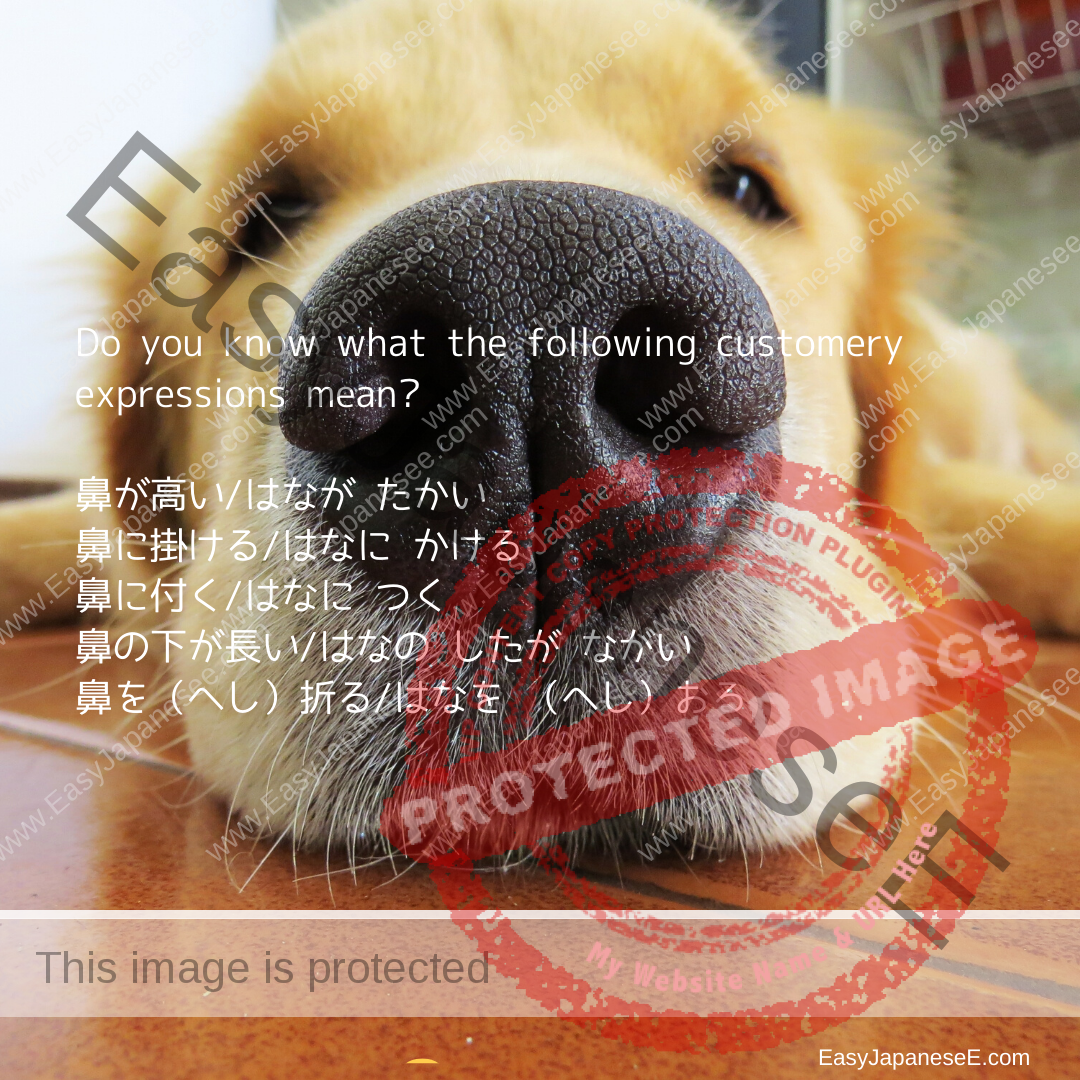
Today’s topic is 鼻(はな), the nose. Do you know what the following customary expressions mean? 鼻が高い/はなが たかい鼻に掛ける/はなに かける鼻に付く/はなに つく鼻の下が長い/はなの したが…
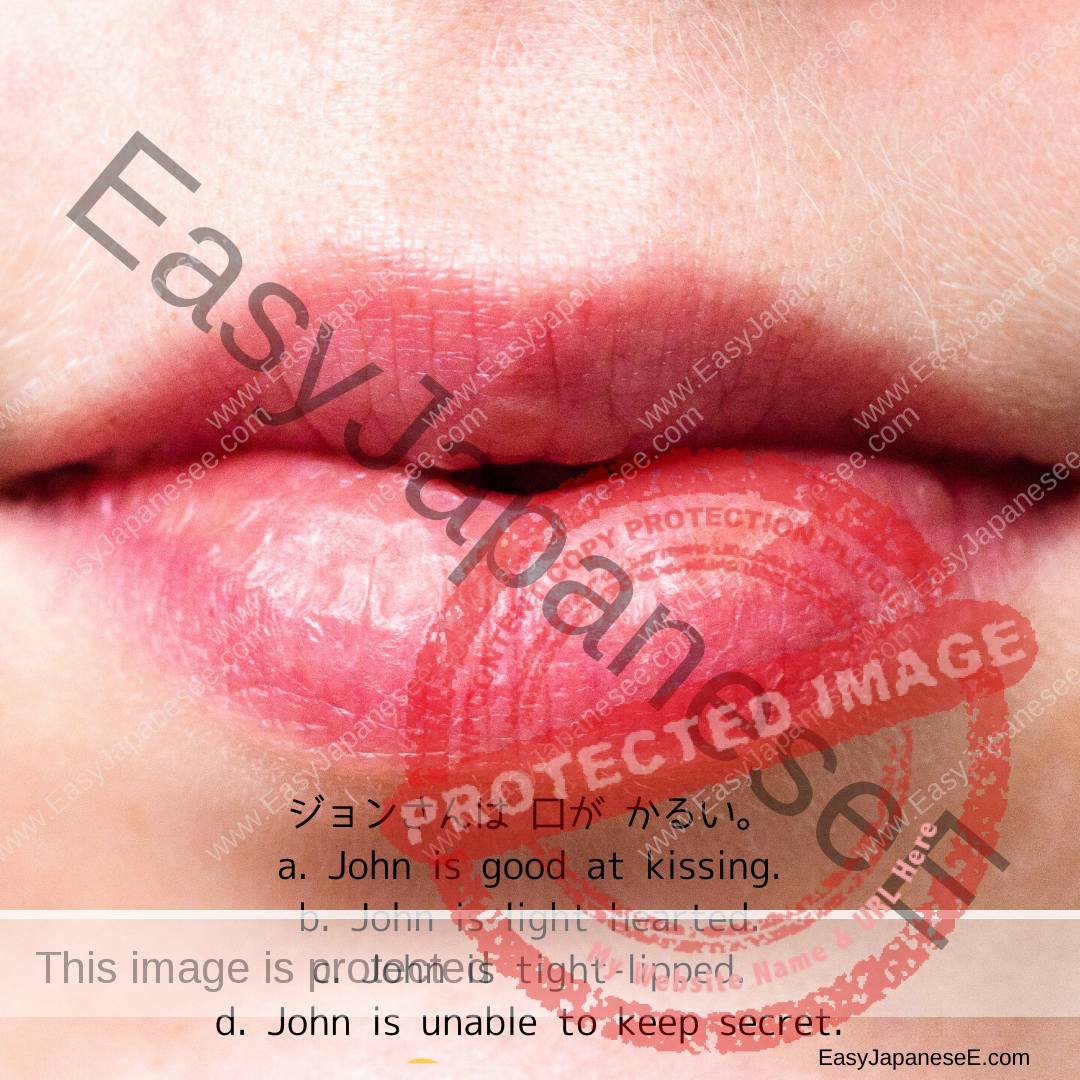
ジョンさんは 口が かるい。a. John is good at kissing.b. John is lighthearted.c. John is tight-lipped.d. John is unable to keep secret.…
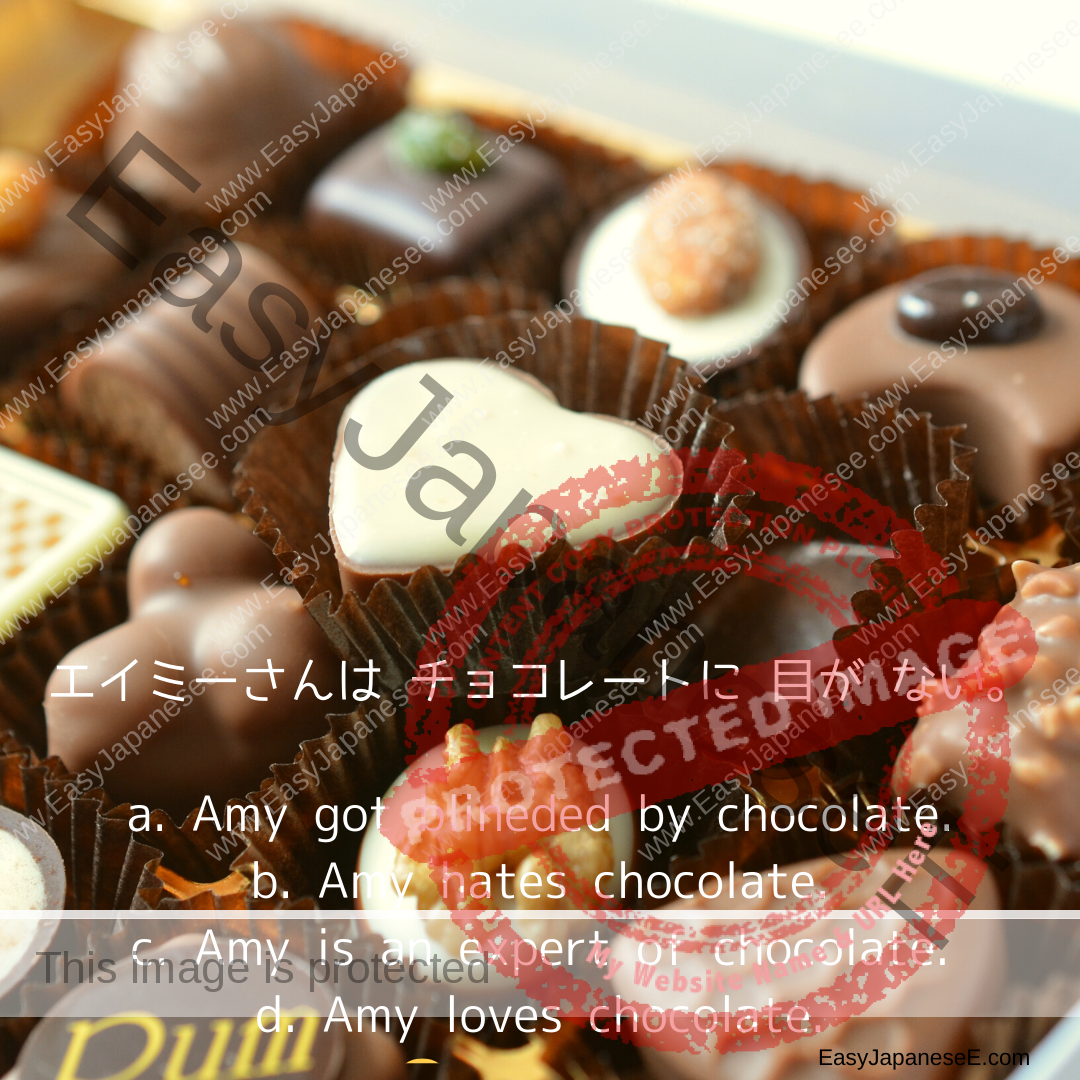
Today’s post is about some common expressions using the word 目(め), an eye. What does エイミーさんは チョコレートに 目が ない mean?a.…
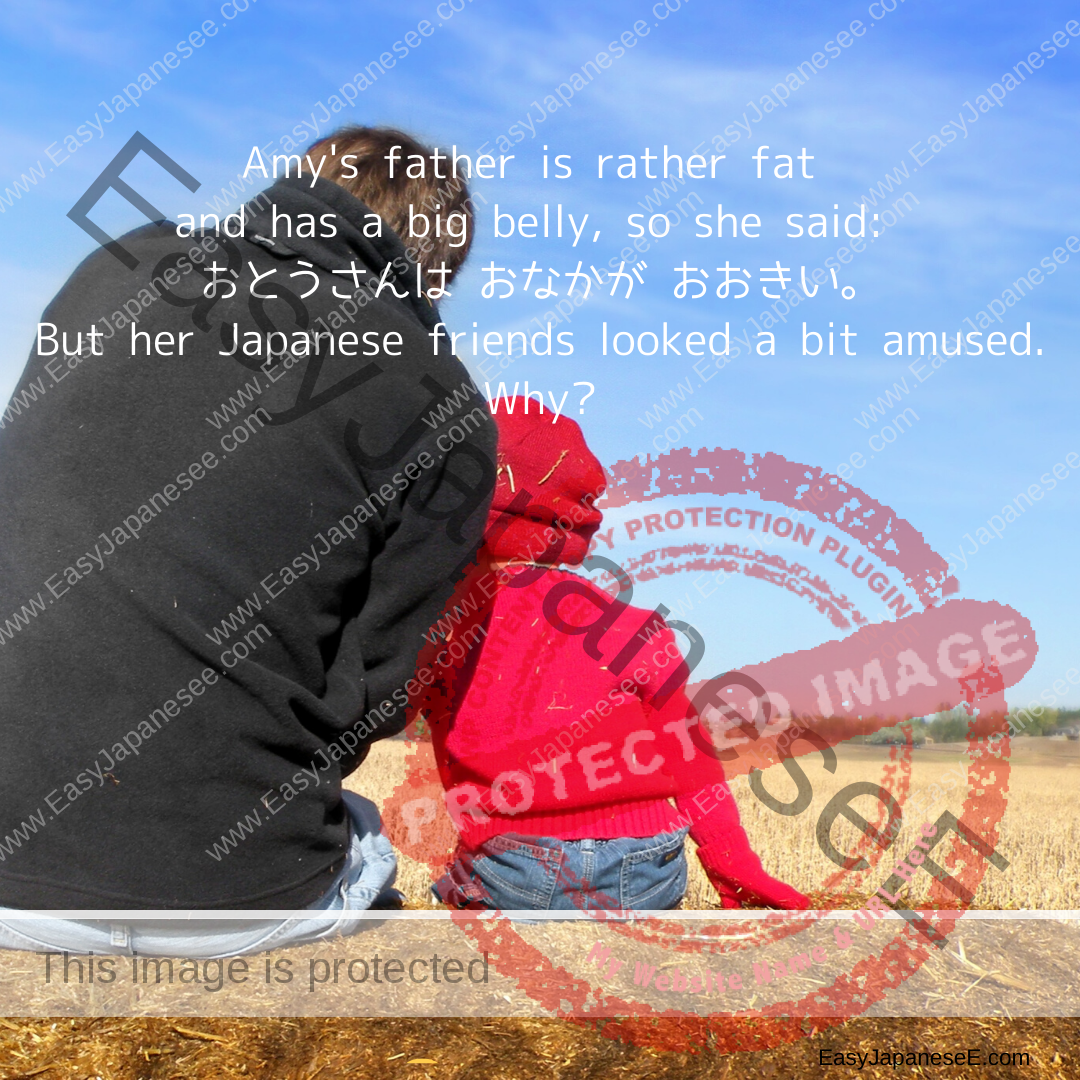
Amy’s father is rather fat and has a big belly, so she said: おとうさんは おなかが おおきい。But her Japanese friends looked…
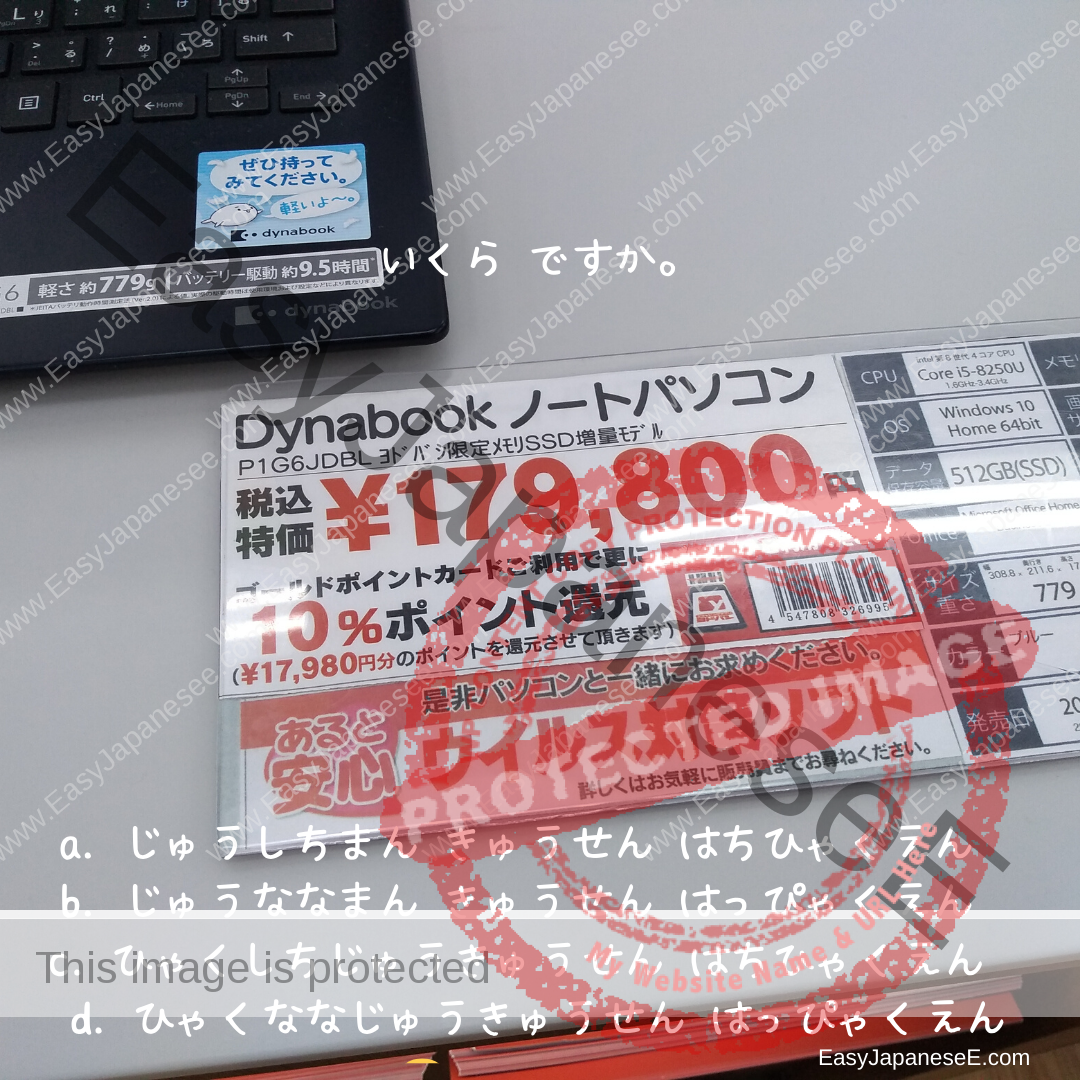
This post explains how to read big numbers in Japanese in order to read price tags which are written in “yen” only unlike other countries using dollars & cents.
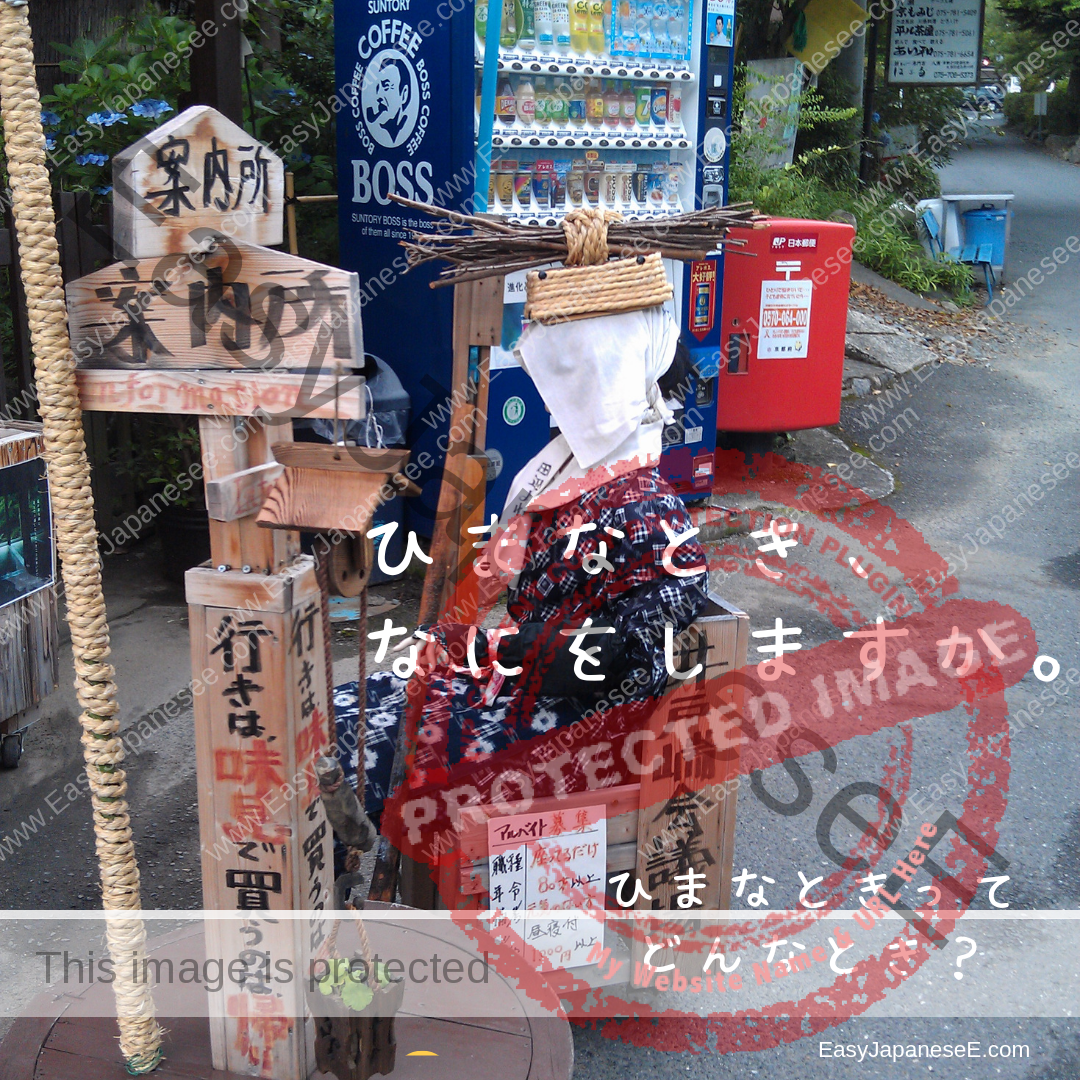
ひまなときなにをしますか。(What do you do in your free time?) A popular beginners’ textbook in Australia has this sentence in the chapter…
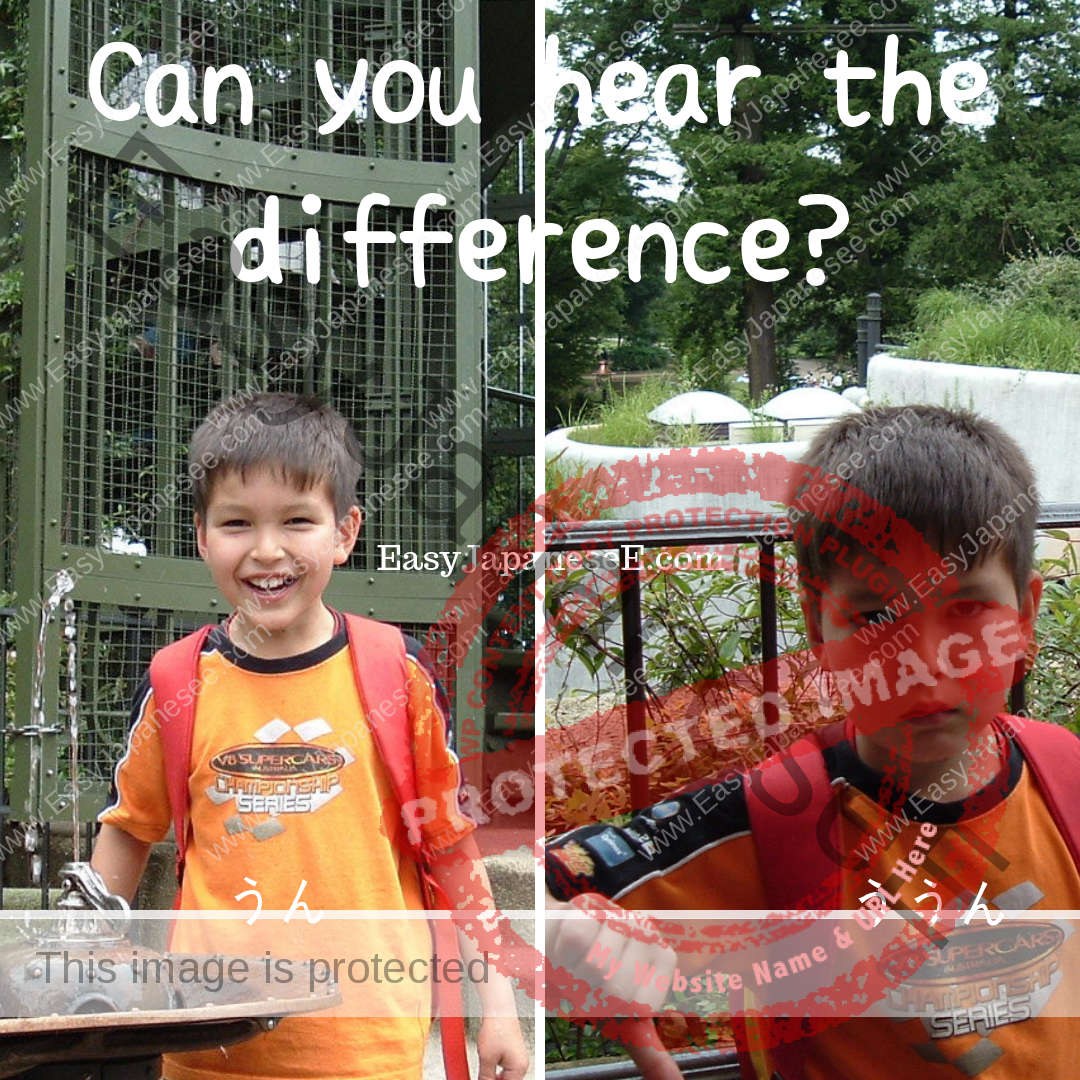
うん and ううん may not appear in textbooks but kids in Japan use them all the time. Although sounding similar to Western ears, the meanings are completely opposite.
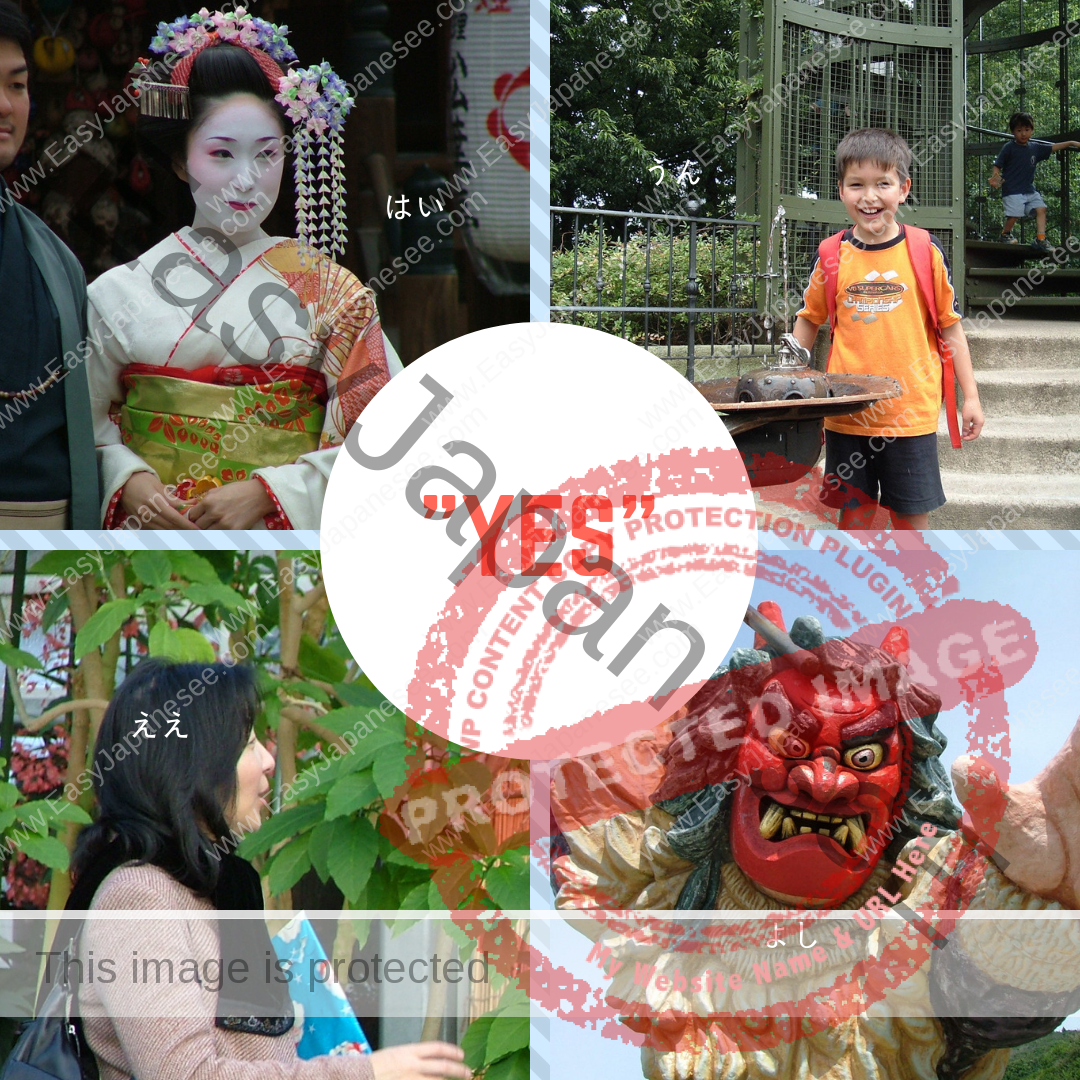
“Yes” “Yes” is such a basic word, but there are a few variations. はい – This is the most proper…
There are many races and competitions happening everywhere and somebody asked me the other day, how can I say “I…
